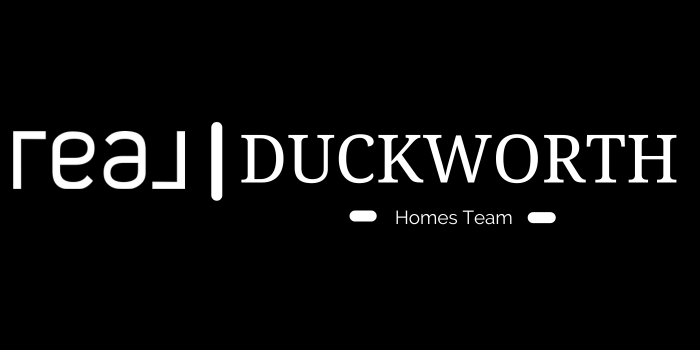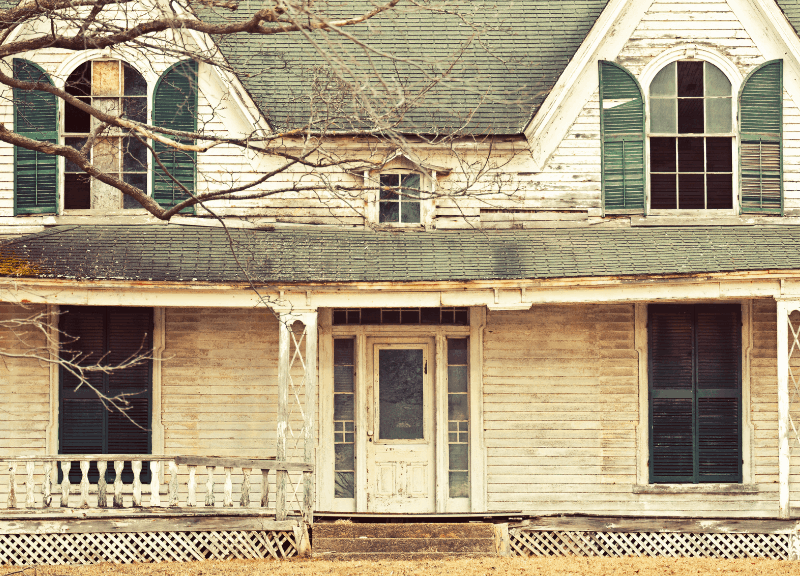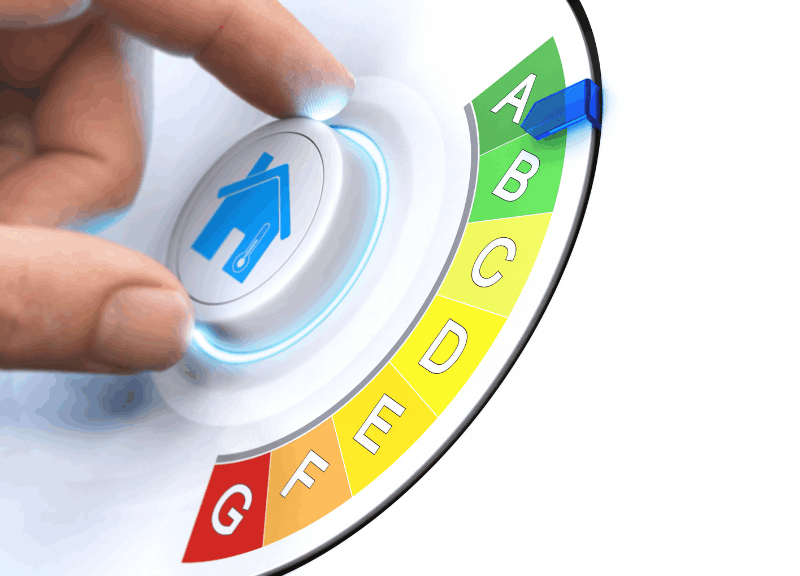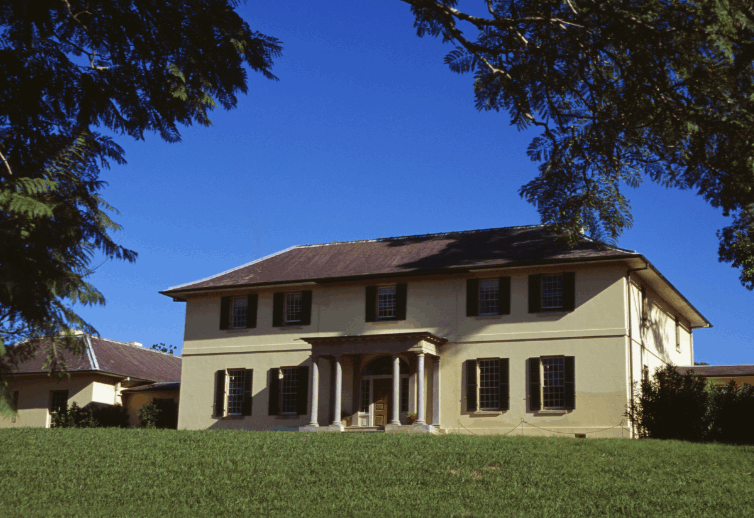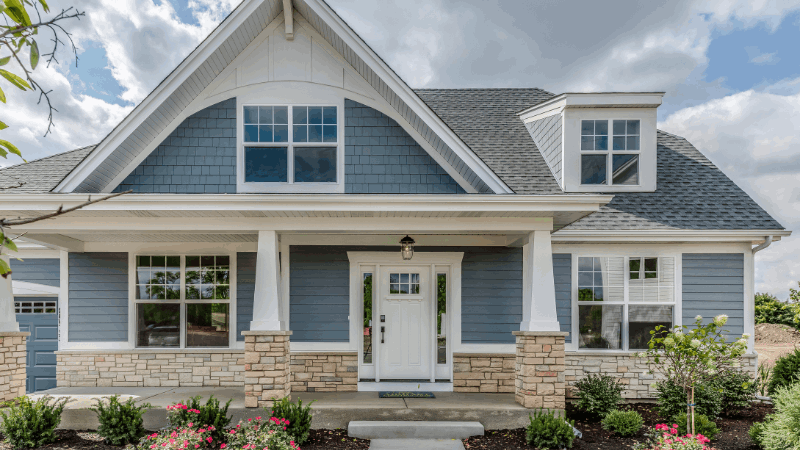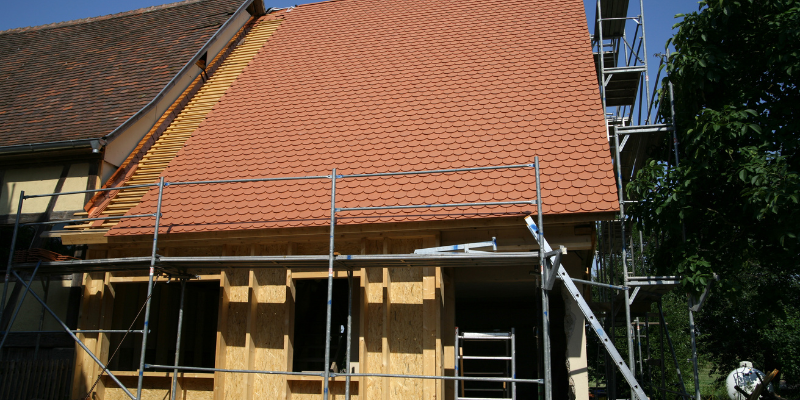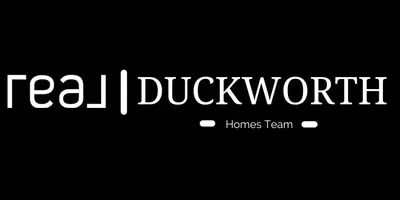How to Sell a Home in Poor Condition

How to Sell a Home in Poor Condition
No matter how dire the state of your house may be, there are avenues to sell it. Here, we explore the intricacies of selling a home in poor condition.
Chances are you're here because you're wondering about the process of selling a home in poor condition.
Homes with stunningly renovated kitchens and pristine landscaping in new condition can attract thousands of online views and often sell within hours. However, homes in poor condition may face a tougher journey to find buyers, but it's not impossible.
So, how can you navigate the sale of a home in poor condition?
This topic is more intricate than it seems, as "poor condition" covers a wide spectrum of issues rather than a singular definition. Moreover, factors such as the real estate market and your location can significantly impact the approach to selling a house in poor condition.
Let's delve deep into everything you need to know about selling a home in poor condition.
1. Is Your Home in Poor Condition? When people refer to a "poor condition" home, they could be referring to various situations. The term encompasses properties ranging from uninhabitable structures to houses that are structurally sound but desperately require updates. Let's explore the different positions your house might occupy on this spectrum to help you gauge its condition.
Completely Uninhabitable
Several issues can render a house completely uninhabitable, including:
-
- Severe black mold infestation.
- Extensive or severe roof damage.
- Serious electrical problems, such as frayed wiring or outdated knob and tube wiring.
- Significant plumbing issues, such as nonfunctioning water heaters or corroded, leaky pipes.
- Termite infestation or damage left unrepaired.
- Presence of asbestos or lead.
- Nonfunctioning HVAC systems.
- Extensive or severe chimney damage.
- Severe foundation problems.
These issues create an environment where living in the house is dangerous. Selling a home in poor condition, especially when it is uninhabitable, may entail a different process than selling a habitable home, regardless of whether the poor condition results from storm damage, neglect, careless renters, or other factors.
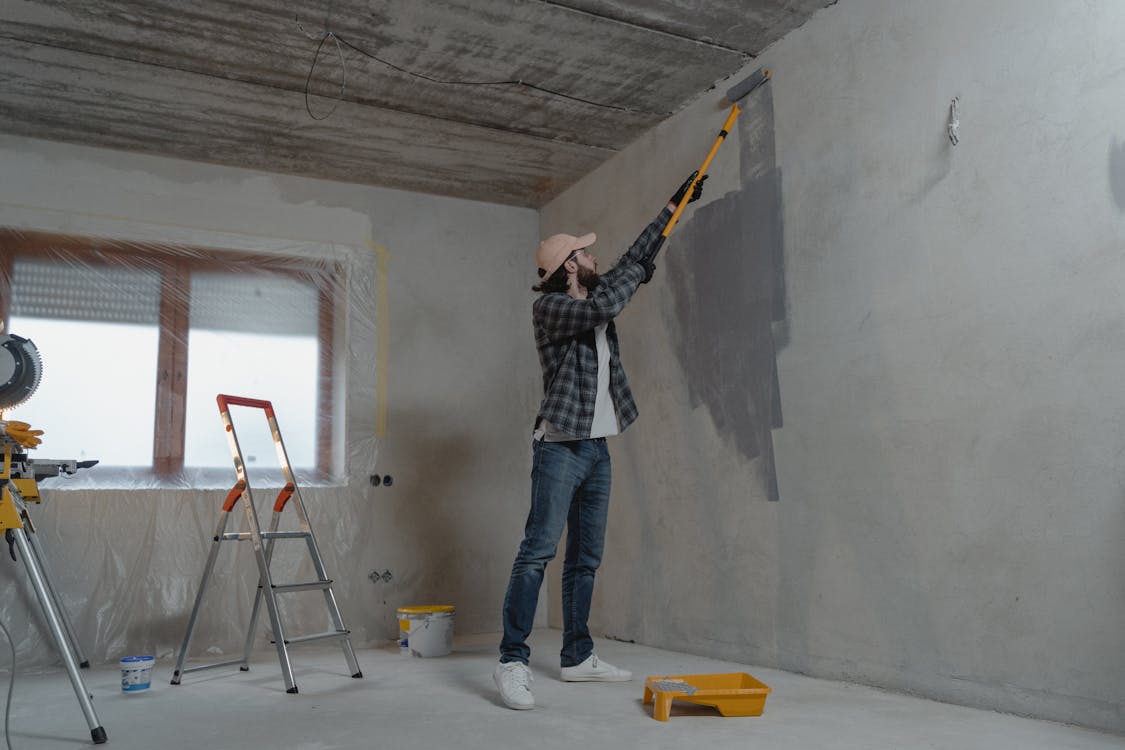
Visibly in Need of Repairs
The next stage on the spectrum is when a house is habitable but exhibits several repair issues and defects. During a home inspection, an inspector might classify such a house as being in "fair condition" rather than "poor condition."
However, several issues could still lead real estate agents and potential buyers to perceive the house as being in poor condition. These issues include:
- Significant roof damage.
- Some plumbing problems.
- Certain electrical issues.
- Notable foundation problems.
- Substantial wood rot.
- Damaged and outdated kitchens.
- Flooring damage.
- Damaged and outdated bathrooms.
- A still-working HVAC system that has seen better days.
- Nonfunctioning or damaged light fixtures and faucets.
While these issues may not render the home uninhabitable, they do present significant challenges.
Structurally Sound but in Need of Updates
Lastly, some houses may be structurally sound but require general repairs or deferred maintenance. A home inspector might classify such a house as "fair" or "good." However, some buyers and their agents might still categorize it as being in poor condition.
Even when the core structure of your home is sound, certain issues can tarnish its reputation. These issues include:
- An outdated kitchen.
- An outdated bathroom.
- An interior that is cluttered or dirty.
- Peeling or dingy paint.
- Stained or dirty flooring.
- Overgrown, dead, or neglected landscaping.
- Outdated light fixtures or faucets.
- Minor wood rot or peeling paint on the exterior.
Many of these issues are relatively minor compared to those found in other homes in poor condition. These represent more superficial repairs that might be worth addressing before selling your house.

2. Selling a Home in Poor Condition: The Options
When selling a house in poor condition, you have several options. Depending on the severity of the issues and the state of the property, you will need to decide how much investment you are willing to make before attempting to sell it.
Selling a House As Is
If a house is uninhabitable, traditional homebuyers may find it challenging to secure financing for a property with significant structural or major issues. Consequently, selling to a traditional buyer is often unlikely. However, selling your house as is remains a viable option.
When you sell a house as is, the buyer typically pays in cash, eliminating the need for lender financing. This also allows you to bypass the use of a real estate agent, saving on commissions.
Moreover, you won't incur closing costs when selling your house as is to an investor. Any outstanding house payments, tax liens, or financial obligations are usually covered by the investor.
If you are in urgent need of selling your house, this approach may be the way to go. Some home-buying companies claim they can close on your property within as little as seven days. Typically, they will present you with a no-obligation cash offer that you can accept or reject.
When selling a house as is, you are not required to make any repairs or upgrades that you would if you were putting the house on the market. If you are looking for a quick sale, lack the financial means for extensive repairs, and want to avoid the lengthy process of preparing, staging, listing, and selling your home, selling your house as is could be a suitable choice.
However, selling your house as is does not absolve you of all responsibilities. In most states, you are legally obligated to disclose any known problems with the property.
Additionally, you can still undertake some efforts to enhance your home's value without undertaking major repairs. Decluttering and depersonalizing the home, deep cleaning, carpet cleaning, and yard maintenance may help fetch a higher price.
While this approach may be suitable for some individuals under specific circumstances, there are downsides to selling your house as is. First, the offer you receive from a real estate investor may be on the lower end, as they intend to renovate the house for renting or resale.
Second, scams abound in the cash-for-homes market. It is crucial to research and investigate companies thoroughly before signing any paperwork. You should never be required to provide money to such companies, even if it appears nominal.
Online reviews and recommendations from friends and family who have sold their houses as is can help you gauge the reliability of the investor you are considering. Some companies may attempt to take advantage of individuals in difficult situations, offering meager sums and attempting exploitation. If an investor pressures or manipulates you into accepting an inferior cash offer, it is advisable to walk away.
Making Minor and Cosmetic Repairs
If your house has a laundry list of inspection issues and necessary repairs, this may deter potential buyers. Addressing some of the cosmetic and lower-cost repairs can enhance the appeal of your home to a broader audience.
Buyers interested in fixer-upper homes often consider the projected expenditure on repairs when determining the price they are willing to pay.
While you may not have the resources to replace the entire roof, undertake a kitchen renovation, or install a new HVAC system, there are numerous low-cost repairs that can spruce up your property, including:
- Replacing outdated light fixtures.
- Repainting the interior.
- Refinishing existing cabinets.
- Replacing old faucets.
- Enhancing the landscaping.
- Replacing missing fence boards.
These repairs vary in size and cost. For example, replacing outdated light fixtures might cost a few hundred dollars, while refinishing cabinets could amount to a few thousand dollars.

Investing in Upgrades and Major Repairs
If you have the time and financial resources, you may choose to renovate your house before selling it to attract buyers more readily and obtain the highest possible sale price.
If you opt for this route, it is crucial to carefully consider the amount of money you are investing and how it will impact the property's selling price.
Major repairs and upgrades that you might contemplate before listing your house include:
- Bathroom renovation, which typically costs between $6,624 and $16,892 on average.
- Flooring replacement, with costs depending on the type of flooring but averaging around $3,000 for a 500-square-foot area.
- Kitchen renovation or upgrade, which can cost between $14,549 and $40,425 on average.
- Replacement of kitchen appliances, including a new oven, fridge, microwave, and dishwasher, which generally ranges from $2,100 to $5,400.
- Roof replacement or repair, with an average cost ranging from $7,600 to $80,000.
- HVAC system replacement, with installation costs in North Carolina typically between $3,500 and $10,000.
In some cases, it may make sense to undertake these major repairs or upgrades before selling your home. However, if your house requires many such repairs, you might consider selling it to a real estate investor.
Investors in the business of revitalizing run-down houses have access to networks of contractors and wholesale materials, allowing them to complete the same repairs at a significantly lower cost.
3. Should You Invest Before Selling a House in Poor Condition?
When the time comes to sell your house, it is essential to assess whether it is worthwhile to make repairs or upgrades. Several factors must be considered to aid in making these decisions.
Current Market Conditions
A crucial factor is the state of the real estate market in your area. Is your property situated in a red-hot seller's market, characterized by fierce competition and rising property values? If so, you may fare well selling your home without making extensive repairs.
Conversely, if you find yourself in a buyer's market or a slower-paced market, investing time and money in improving your property may be advisable. Otherwise, your house could languish on the market for an extended period, or you might be compelled to list it at a lower price for a quicker sale.

Competition
Another consideration is the competitive landscape. Examine other homes for sale in your vicinity to determine how much investment is necessary to make your property competitive.
For instance, if your house is located in an area where all other homes are fully renovated, with impeccable curb appeal, your property may struggle to garner interest. In such cases, without making efforts to enhance your home's appeal, you might be forced to sell it for less than its potential value.
In contrast, if your neighborhood features a mix of homes in various states, ranging from dilapidated to fully remodeled, your clean and clutter-free house may stand a better chance of fetching a reasonable price.
Return on Investment (ROI)
It is prudent to spend money on improving your home only if the investment results in a higher sale price. If an upgrade costs $2,000 but increases your property's value by $15,000 to $20,000, it represents a favorable return on investment. Conversely, you should avoid situations where you spend $20,000 to earn an additional $10,000 or $15,000 on the sale price.
Research which improvements will add value to your home and are more likely to yield a positive ROI. Many costly upgrades may not be worthwhile if you intend to sell your home immediately. Typically, people undertake kitchen or bathroom upgrades when they plan to enjoy these improvements for several years before selling their house.
Inspections
If you choose to sell your home through traditional channels, your buyer's lender will likely require a home inspection. In most states, you are obligated to disclose any known issues with the property. However, you may not be aware of all the problems in your home, and the inspector may uncover additional issues.
Buyers often use the home inspection report as a bargaining tool during negotiations. You may need to negotiate a lower price, agree to certain repairs, or even walk away from the deal entirely.
If you are selling the home as is, you can be forthright about your decision not to make any upgrades or repairs.
4. Tips for Selling a House in Poor Condition
Every property is unique, and the appropriate approach to selling a house depends on various factors. Nevertheless, here are some general tips that can assist in selling a house in any condition.
Highlight Positive Aspects of the Property
Have you ever come across a real estate listing that made the property appear less appealing on paper than it did in person?
Your real estate listing is not the place to focus on the negatives. Identify the positive aspects of your property and present them compellingly in your listing to attract more potential buyers.
Even if your house is slightly worse for wear, does it offer breathtaking mountain views? Is it situated in a sought-after school district or near a vibrant city center?
Understanding what buyers are looking for can help you craft a listing that attracts the most potential buyers. If you invested in replacing the HVAC system and upgrading to energy-efficient appliances, highlight these features prominently in the listing description.
Depending on the condition of your house and its asking price, hiring a professional real estate photographer may be a worthwhile investment. High-quality photos can ensure that your property is presented in the best possible light, generating maximum interest.
Be Honest About Shortcomings
While it is essential to emphasize the positives, it is equally important not to downplay or misrepresent the negative aspects of your home. Any misrepresentation will likely surface during the home inspection.
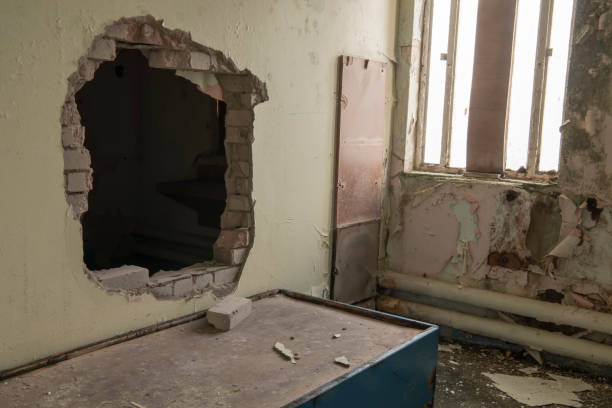
Address Easy Repairs
If your home has suffered extensive damage from a storm, water, or fire, there may be little point in repainting the remaining interior walls. However, if your home is structurally sound but shows signs of wear and tear, addressing some simple upgrades can expedite the sale and increase its value.
Minor improvements, such as replacing window screens, refreshing the interior paint, refinishing cabinetry, or installing new faucets, can enhance your home's appeal and justify a higher asking price.
Price Your Property Appropriately
One of the many benefits of working with a real estate agent is their expertise in pricing your property correctly. Pricing too low could result in leaving money on the table, while overpricing might prolong the time your property spends on the market.
Real estate agents possess the experience needed to determine an optimal price for your property, allowing you to maximize your earnings without deterring potential buyers.
Establish Concession Parameters in Advance
Buyers frequently seek negotiations on the sale price, and after receiving the inspection report, they may request repairs or further price reductions. Defining your minimum acceptable price and specifying which repairs you're willing to undertake beforehand can help secure a deal that aligns with your objectives.
Patience Is Key
Lastly, when selling a home in poor condition, or even fair condition, patience is often necessary. If your home isn't move-in ready, it may take longer to attract interested buyers. Your real estate agent will likely discuss a pricing strategy, including potential price reductions, if no offers materialize within a specified timeframe.
Selling a Home in Need of TLC in Providence, RI - Closing Remarks
Selling a home in a less-than-ideal condition is definitely feasible, but it involves making a choice between investing in renovations before selling or allowing a buyer or investor to handle the required fixes. To make an informed decision, it's essential to take into account the local real estate market, your specific location, as well as your personal circumstances and preferences.
Are you contemplating the sale of your property in Providence? Should you require assistance in selling your home, don't hesitate to reach out to us, and we can provide you with a comprehensive market analysis.
Categories
Recent Posts
